The Definition of Onomatopoeia:
Onomatopoeia Defined: A term used to define a rhetorical phenomenon that occurs when the form of the word seems to evoke a sound that is literally associated with the concept at hand.
For example, the term “sizzle” sounds like the activity that takes place when something sizzles.
At its most simple definition, onomatopoeia is Words that resemble sounds or emotional states.

In some cases, the word might not sound like it matches the context, but the words together themselves evoke the same feelings and so, people have begun to use that term to describe events that evoke those same emotions.
For instance, the Japanese Term “Doki Doki” is Onomatopoeia for when someone’s heart is racing super fast and hard. A prominent sensation that resembles the verbatim verbal phrasing of “Doki Doki”.
You can say it out loud and it even sounds like the general way we describe a person’s heartbeat. Go ahead and try it!
Whether your heart is racing fast because of a positive or negative event, you can describe your sudden intense and rapid heart rate with this term.
There are a number of Japanese Onomatopoeia that are not only convenient but amusingly rhetorical. In sum, “it just makes sense”. In fact, that’s why there are so many…
Japanese Onomatopoeia for Everyday Conversation and Circumstances:
There are over 4000 Japanese Onomatopoeia phrases that Japanese-speaking people can use to express themselves in conversation. Even so, Japanese Onomatopoeia is far more vast than it is complex.
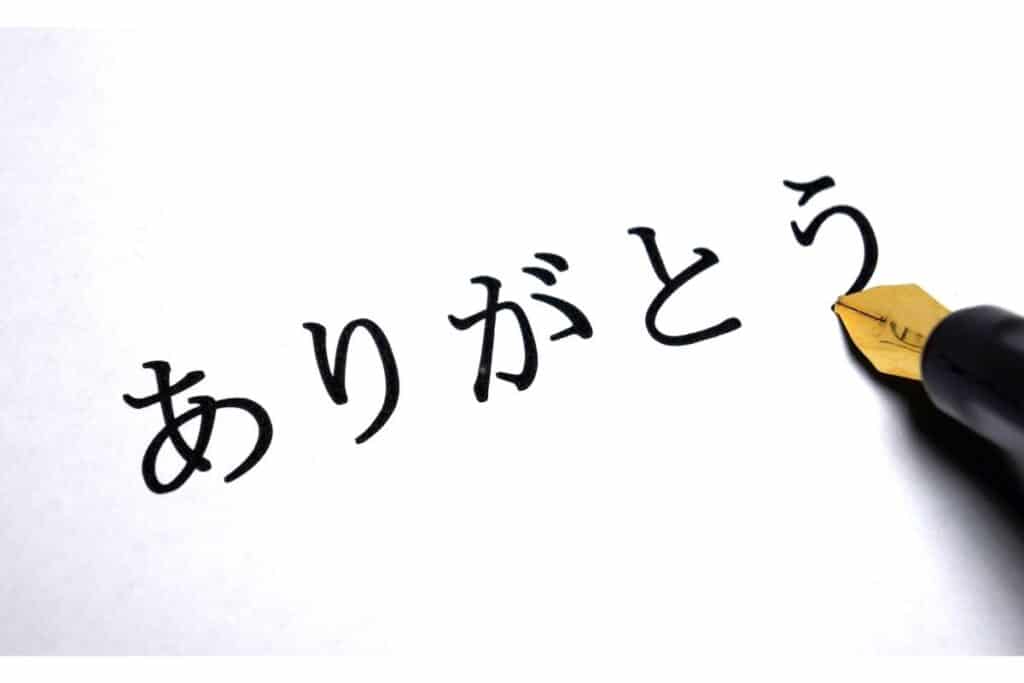
The following will be an overview of some examples of Japanese Onomatopoeia and some context behind these sayings. Using these terms when speaking Japanese will make your conversations more authentic and colorful overall.
You will find that a lot of the terms on this list to be useful, simple, and common phrases that are used within a conversation among Japanese speaking individuals:
Japanese Onomatopoeia: Expressing Common Sounds and Feelings
It is always good to know those phrases that aren’t traditionally incorporated into Japanese language curriculums. You might be familiar with the language, but there are sayings and phrases that will be used regularly that you should know.
The same can be said for saying, words and phrases within the English language. We are no stranger to formulating words that utilize ironic and generally satisfying rhetoric to express ourselves effectively.
From sizzling to fluffing to crackling and snapping! The Japanese language is just as accustomed to these methods of expression.
Here is a list of some of the most well-known and practical Japanese Onomatopoeia. You will learn why they are important, and/or what they mean in order to either use them or understand what another Japanese-speaking person is saying.
So in order to stay in the loop on your trip, let’s get straight to it:
Guu-Guu
A term that is used to describe the sound of someone snoring significantly / abnormally loudly. Assuming they aren’t snoring right next to you, you might feel inclined to whisper this to your friend on the plane.

Zuru Zuru
Zuru Zuru is used when addressing or describing someone that is slurping loudly. It even sounds like what cartoons make slurping out to be on TV.
Koso-Koso
When someone is whispering about something, typically in secret, this phrase can be used. It sounds like what the words sound like from afar when you cannot legitimately understand what gossip or details they are discussing.

Kya-!!!
A very popular term you might have heard in conversation, film, and Japanese media. It can either be used to quite literally scream or simply describe the sound of someone screaming.
Kushu
A term used to describe the act of sneezing.
Para-Para
When there is a light amount of rain, that pitter-patters on the windows and ground alike, you can use the phrase, Para Para, to describe it.
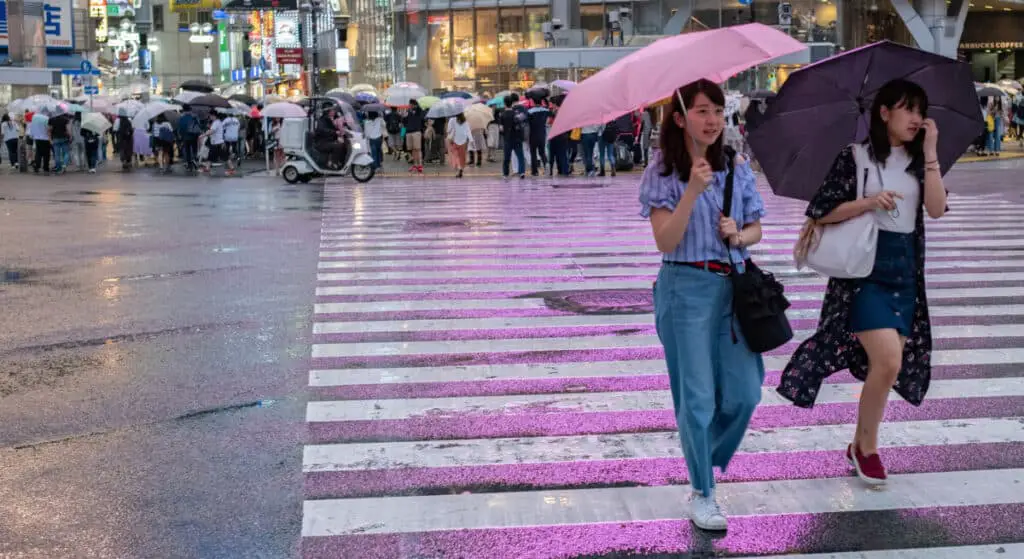
Rin-Rin
As you probably expected, this phrase is used to describe the sound of something ringing; doorbell, service bell, bicycle bell, etc.
Kon-Kon
Used to describe the sound of someone knocking.
Za-Za
You would use the phrase Za-Za to describe the noise or presence of heavy rain/pouring rain.
Gashan
This saying is used to describe and express the sound a crash makes. Subsequently,
Uwa – N
Uwa – N is the Japanese term that is used to express that a child is crying. Useful for when that one child is screaming at the top of their lungs on your connecting flight to Tokyo!

Mushi Mushi
Mushi Mushi is a phrase that describes the sensation of something being too hot; unpleasantly hot.
For example, if a flight attendant were to give you a hot rag to soothe your head only for it to be too hot, you can say “mushi mushi” within your response.
Hin’yari
Alternatively, if the icepack were to be too cold, you could say Hin’yari in your subsequent response. The term Hin’yari addresses that state of something or someone being too cold; unbearably so.
Uro Uro
You can’t seem to find your luggage, and find yourself walking around aimlessly… A nearby family might joke about your behavior and use the phrase “Uro Uro” to describe your seemingly aimless wandering.
Uto Uto
It’s not uncommon for people to become tired when traveling. Dozing off after an hour or two of being on the plane is expected, and so, you might find yourself “Uto Uto”. This is the state of being half-asleep, gradually dozing off.

Gussuri
You’ve completely knocked out from exhaustion, which is perfect for your 10 hours flight. Your state would be regarded as being “Gussuri”; meaning to be completely asleep.
Doki-Doki
This is a Japanese term that typically encompasses the heartbeat of a person experiencing happiness. It can also be used to describe the feelings of anxiety, fear, or shock that are accompanied by a sped-up heart rate/heartbeat.
In English, this term would translate into “heart being so hard” and/or “heart beating so fast”.
Niko-Niko
Niko Niko is a term used to describe a person smiling with unbridled joy. A person might be beaming; smiling brightly and cheerfully.

Peko-Peko
This is a Japanese term used to describe a feeling of emptiness in the stomach. This term exists because when in its singular state, it means “to be empty”.
Alternatively, you can use it to describe someone who sucks up to people, typically superiors or authority figures. Just an empty void sucking up to your boss and sucking the lives out of your fellow coworkers.
Mochi-Mochi
This term describes the feeling of soft and often squishy foods as well as other objects and products.
When describing a person’s soft skin, you might use the term Mochi Mochi.
If a person evokes a squishy and soft feeling from you, you might describe them as being a bit of a Mochi.
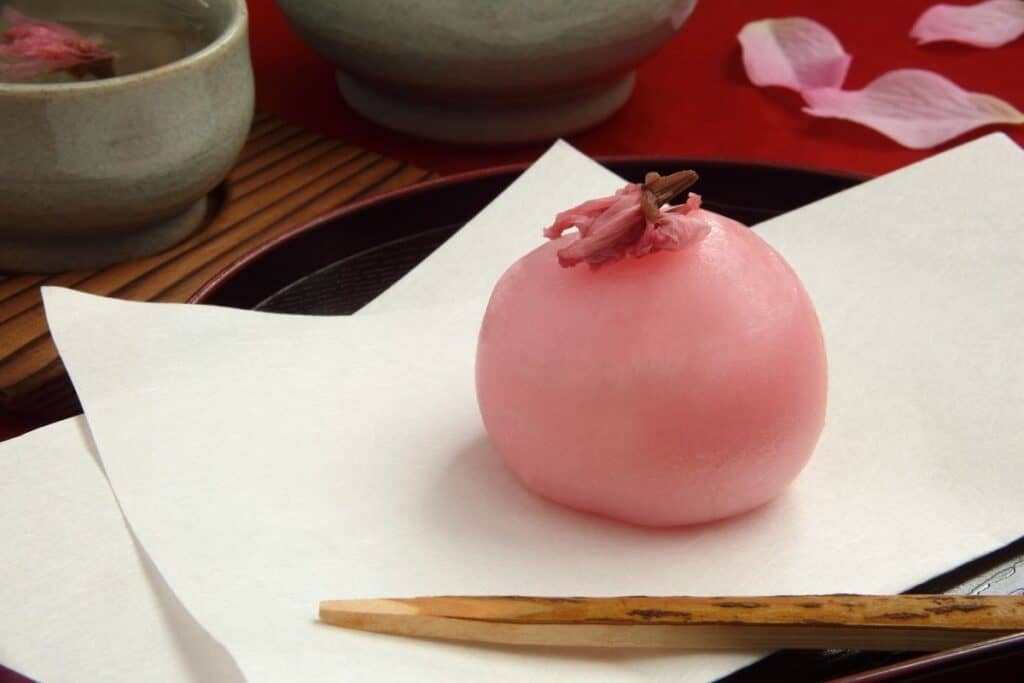
Fuwa-Fuwa
This word describes something light and/or fluffy. Over time our minds have associated the sounds of “fu” and “fluff” with things that are puffy and soft looking/feeling in essence.
Ira-Ira
This term originated from the Japanese word Ira of which translates to “thorn”.
This is a term that is used to describe feelings of displeasure, annoyance, or irritants. Rhetorical in the sense that brushing against a thorn would evoke those same emotions.
Goro-Goro
Goro Goro is a Japanese Onomatopoeia for the sound of which thunder produces. A deep, rumbling noise is mimicked in this saying.
Conversely, you could also use this term to describe a sick feeling in your stomach; hungry grumbling stomach, upset stomach, stomach sickness, etc.

Kiri-Kiri
Kiri Kiri is a term used to describe a sharp pinching or poking pain.
Japanese Onomatopoeia: Animals
Although there would hopefully not be a slew of animals on your 15-hour flight to a foreign country, there will be animals wherever you go.
As a bonus, here are some onomatopoeia terms that have been popularized within the Japanese language. Japanese-speaking people will use these phrases when appropriate to address the sounds that animals make.
Wan-Wan
Used to describe the sounds a dog makes when it barks
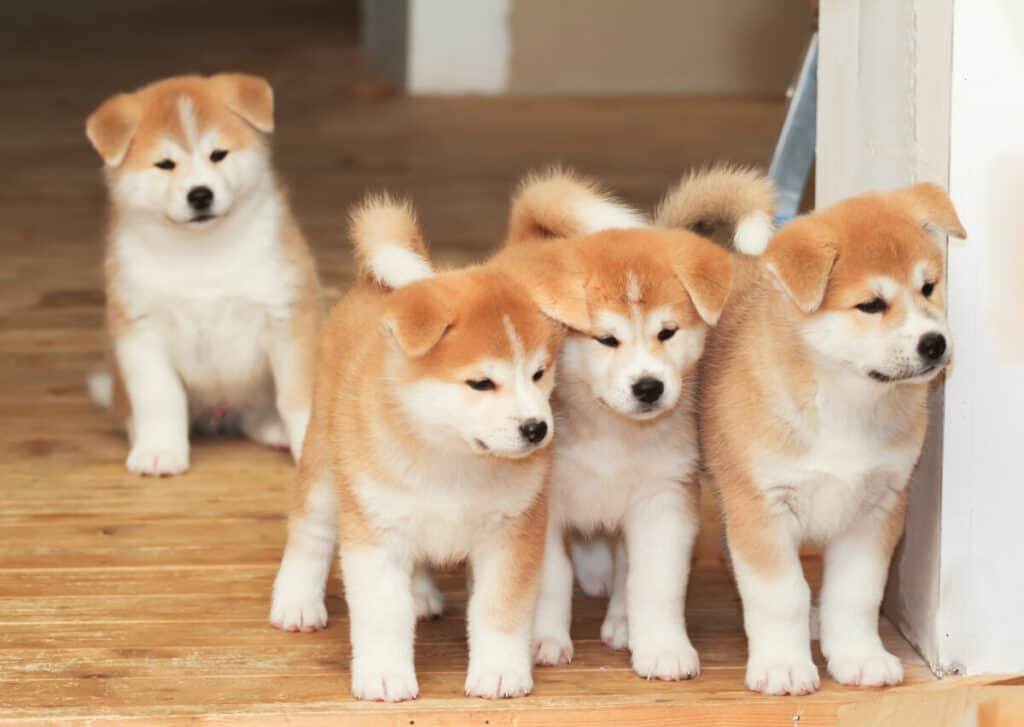
Nya-Nya
Used to describe the sounds a cat makes when it meows
Mo-Mo
Used to describe the sounds a cow makes when it moos
Hi-Hin
Used to describe the sounds a horse makes when it neighs
Bu-Bu
Used to describe the sounds a pig makes when it oinks
Ko-Ke-Ko-KKo
Used to describe the sounds that a rooster makes in the morning (cock-a-doodle-doo)
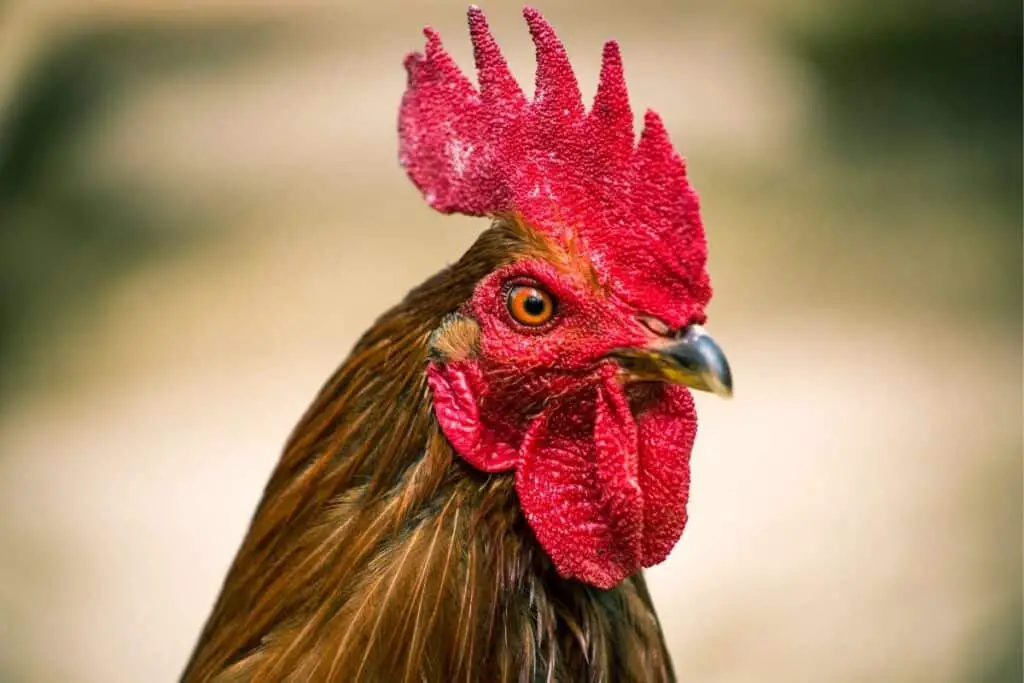
Kero-Kero
Used to describe the sounds a frog makes when it ribbits
Ukiki
Used to describe the sounds that a monkey makes (oo oo ahh ahh)
Bun-Bun
Used to describe the sounds that a bee makes when it flies (buzz buzz)










